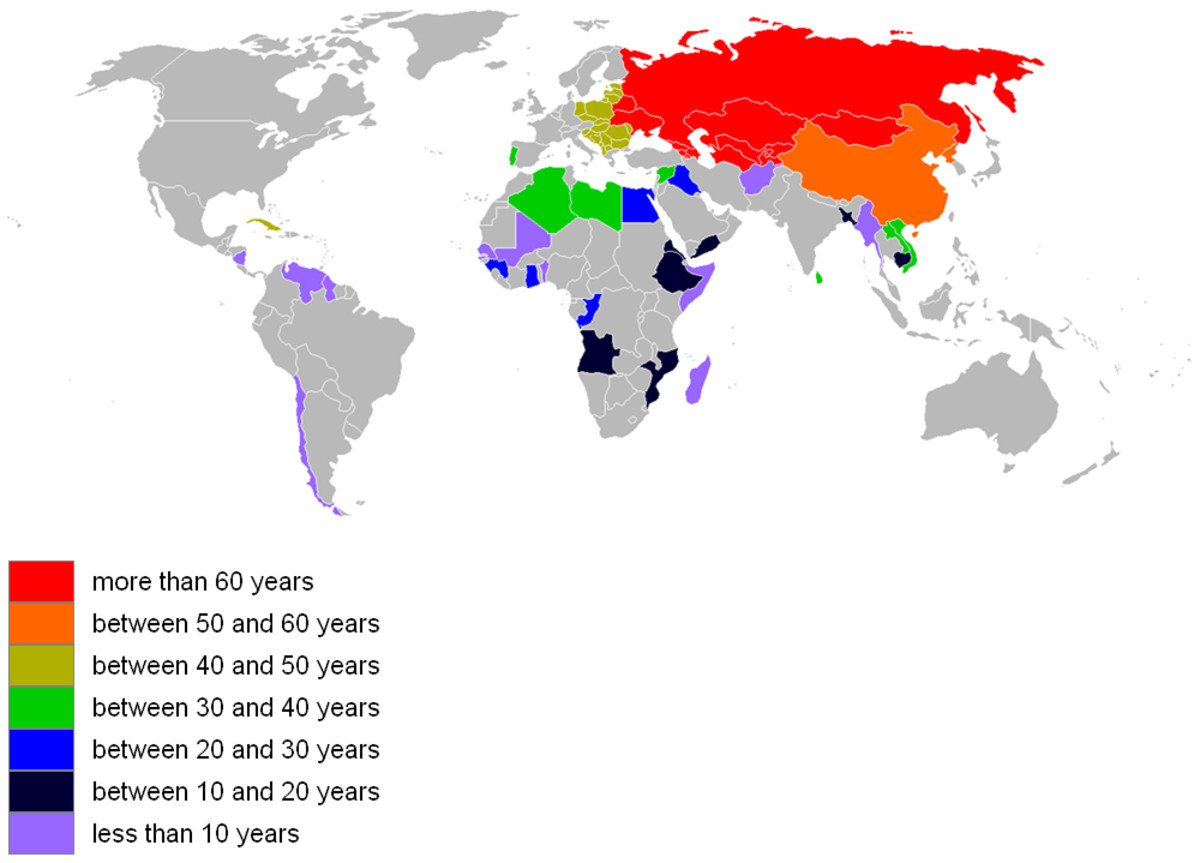What is a Super Majority and What is it Used for?

We all know what a simple majority is. But lately, we hear about a super majority used for several different reasons. There are super majorities that apply to congress and to the states as well.
Congress Super Majorities
I did some research and here is what I found. The Senate has 100 members (two for each state). The house has 435 members total.
- Senate - simple majority - at least 51% or at least 51 votes.
- Senate - super majority - at least 2/3 of the senate or at least 67 votes
- House - simple majority - at least 51% or at least 218 votes
- House - super majority - at least 2/3 of the house or at least 290 votes
Measures or Actions in Congress that Require a Super Majority Vote
Measure or Action
| House at Least
| Senate at Least
|
|---|---|---|
Remove the President from Office
| 218
| 67
|
Expelling a Member of Congress
| 218
| 67
|
Override a Presidential Veto
| 218
| 67
|
Temporarily Suspend Rules of Debate
| 218
| 67
|
Ending a Fillabuster With Cloture (see note below*)
| Does not apply
| 60
|
Amending the Constitution
| 2/3 of those present
| 2/3 of those present
|
Ratify a Treaty
| 218
| 67
|
Senate passing a motion to postpone a treaty indefintetly
| Does not apply
| 67
|
*A cloture is required to end a fillabuster with at least 60 votes in the senate, but it does not apply to the house.
|
Requirements for Super Majority by the States
- Calling a Constitutional Convention to amend the Constitution - 2/3 of the states legislature, 33 states
- Ratifying an amendment to the Constitution - 3/4 of the states legislature, 38 states
Taxation and Federal Budgets
There are rules that apply to super majorities for taxation and federal budgets. But, in accordance with Article 1, section 5 of the Constitution, each chamber can make up their own rules.
My Related Hubs
This is a second in a series of hubs about congressional superlatives. The first one is about Super PACS's and how they work. The next one will be about Super Comittees, What are they and how are they used?
Conclusion
I know there are a lot of numbers in this hub, but it is intended as a reference, not to memorize. For those of you who are just curious as I was, it is just a point of reference. But I did find it interesting that for taxation and federal budgets, the rules are made up as both chambers see fit.
© 2012 Mike Russo





